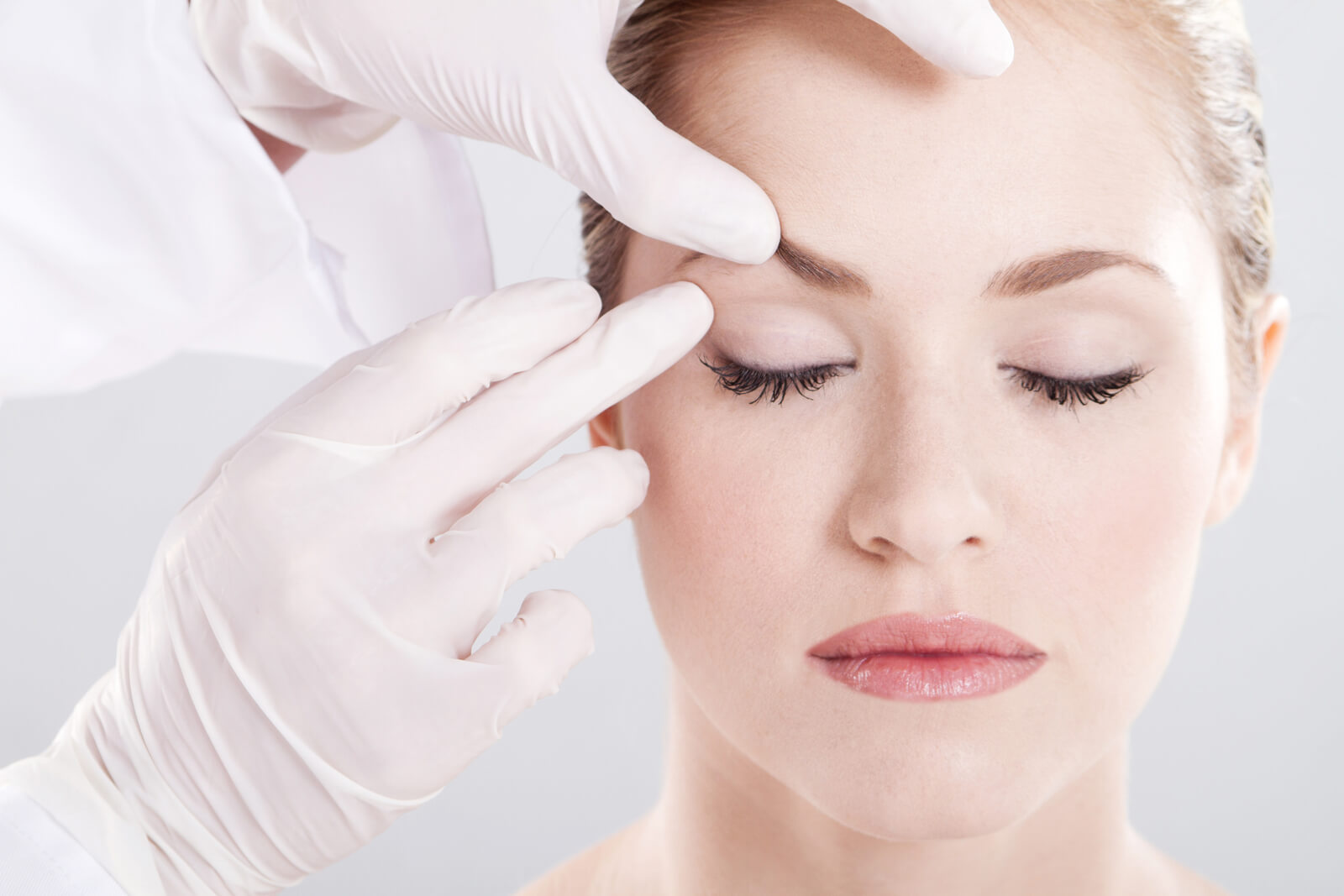Having plastic surgery isn’t the end of your journey to a new you. In fact, it’s only the beginning—because your surgery results depend highly on what you do in the months and even years after your procedures. Maintaining your good results—and your lasting satisfaction—requires adopting a healthy lifestyle that includes good food, regular exercise, plenty of sleep, stress reduction, and stopping smoking.
Surgery isn’t a license to misbehave and go back to old, unhealthy habits. In fact, bad habits can undo what surgery has done. The best tummy tuck or liposuction in the world won’t last if you slouch on the couch and eat ice cream, candy, and potato chips every night. But committing to do the work it takes to live a new you lifestyle will keep you looking and feeling your best—younger and stronger—well after you say goodbye to your plastic surgeon.
In my years in practice, I’ve seen that successful patients are the ones who are willing to do the work to maintain the results. I work hard at being healthy and fit and have some tips for you to live a healthy lifestyle after your surgery.
● Find your own way to eat well and be active. What one person finds satisfying, easy, and sustainable might be difficult for someone else. Your food and your activities must be healthy and enjoyable for you if you want to live a healthy lifestyle for the long term.
● Drink plenty of water. Your body can’t perform if you don’t stay hydrated. I drink at least a gallon a day.
● Avoid sugar and processed foods as much as possible. I know people will eat sugar, and processed foods can be convenient in our busy lives, but it’s important to your health and your surgery results to limit both of these things as much as you can.
● Track what you eat. The simple foundation for all of this is calories in, calories out (burn more than you take in if you want to lose weight). You can’t honestly say you’re doing the right thing if you don’t know what and how much you eat.
● Track your macronutrient intake. Macronutrients are carbohydrates, fats, and proteins, and tracking those will help you know how the foods you eat affect your goal of burning more calories than you take in.
● Reduce stress. The mind and body work together, and stress reduction is good for your heart, mind, and overall health. Try yoga or tai chi, meditate, read a book, or listen to music—things like these give you a break from your busy life and help you destress.
The new you means the whole person—not just how great you look after your surgery, but how you feel physically and mentally, and how you feel about yourself. The new you lifestyle means developing good habits—not for a few months or even a few years after surgery, but for the rest of your life.


